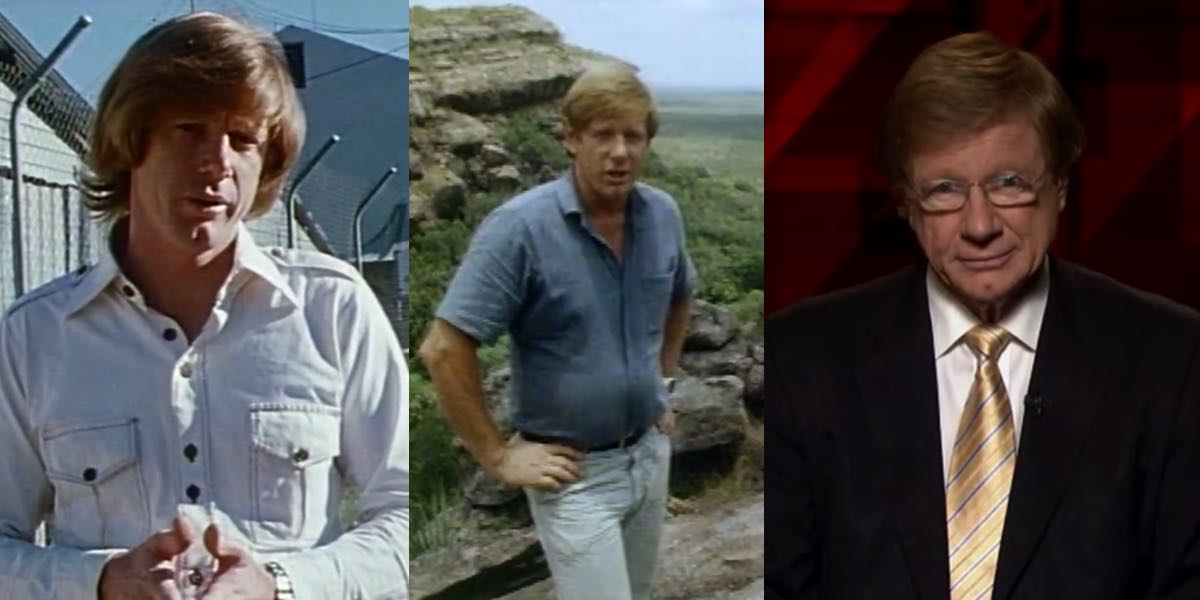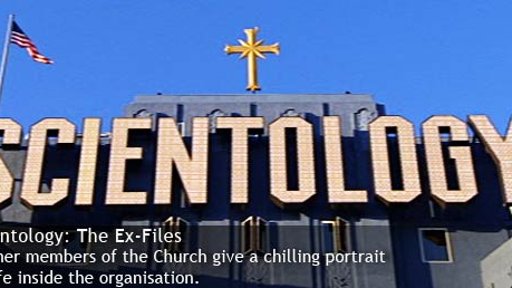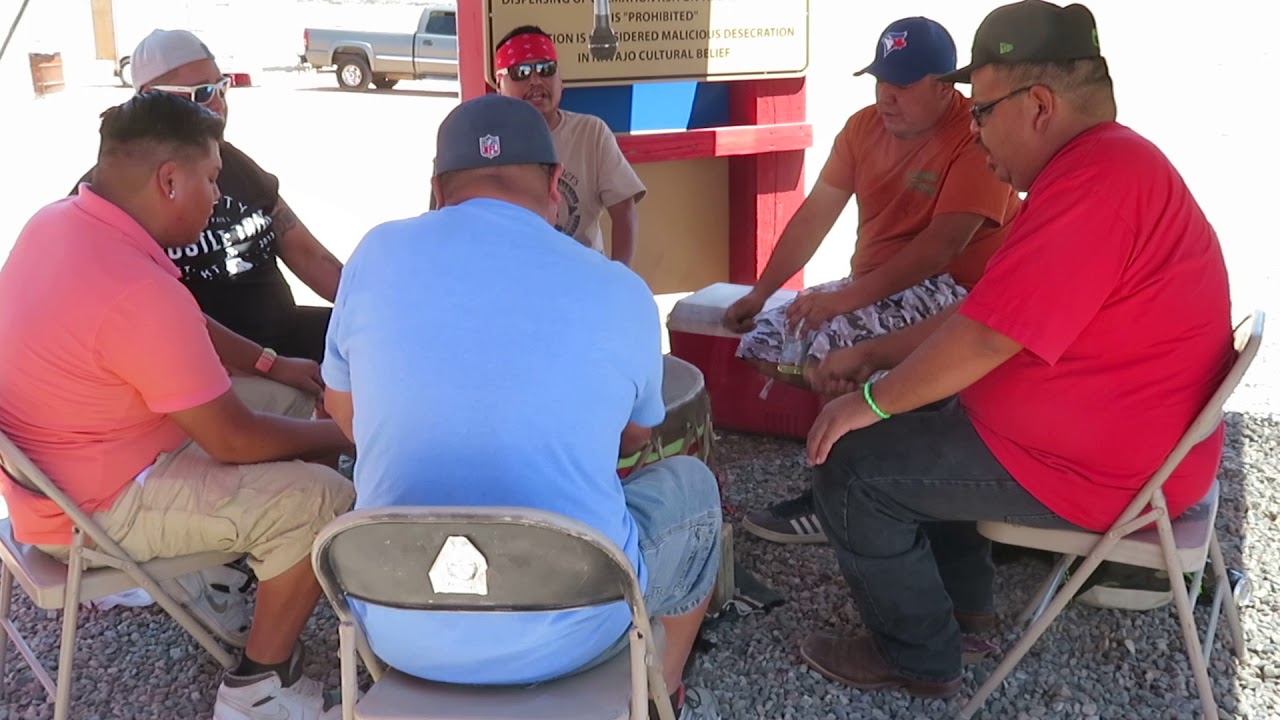Four Corners is an Australian documentary television program which focuses on current affairs and investigative journalism reports. The show is the longest running of its kind in Australia. It is broadcast nationally on the ABC in HDTV. It first premiered in 1961 and celebrated its 50th anniversary in 2011. Founding producer Robert Raymond and Allan Ashbolt are largely credited for setting the tone of the program. The show is one of only five other Australian television shows to be inducted into the Logie Hall of Fame.
The show is based on the same concept as the British current affairs television show, Panorama. The show has won many awards of the years for investigative journalism. The website related to the television program has also separately won a number of awards, including two Walkley Awards and three AIMIA Awards for the website versions of the episodes and exclusive website content which includes interviews, analysis and additional background information on selected programs.
The show was famously anti-war and anti-conscription during the Vietnam War, in contrast to most of the print media, television and other media of the time. The show is often praised for the high caliber of journalism represented on the show and its commitment to objectivity.

What is the format of the show?
Each week the show addresses a single topic or issue in depth, with episode being either locally produced or documenting events or issues from overseas. The show had broken a number of high-profile stories over the years. Notable examples include the 1962 expose on the poor living conditions endured by most of the Aboriginal Australians who live in rural New South Wales. Here are a few of the most notable episode to appear on the show over the decades;
1980’s
Four Corners aired an episode in 1983 that was about the allegations that the then New South Wales Premier Neville Wran had tried to get frad charges levied against Kevin Humphreys dropped by influencing the magistracy. Kevin Humphreys has been charged with misappropriating funds from the Balmain Leagues Club. Neville Wran was stood down from his role and the Street Royal Commission, which was led by the Chief Justice of NSW, Sir Laurence Street was supposed to investigate the issue. Sir Laurence Street sicovered that chief magistrate, Murray Farquhar has the case dismissed using the Premier’s name, and exonerated Wran of any involvement. Farquhar was sent to prison for his role in the scandal.
In the same decade, Four Corners also investigated police corruption in Queensland. The 1987 report was titled ‘The Moonlight State’. The Royal Commission that followed was known as the Fitzgerald Inquiry. The Inquiry discovered that there was systematic corruption present at various levels of government. The Fitzgerald Inquiry led to the conviction of police commissioner Terry Lewis. Premier Joh Bjelke-Petersen also resigned and was subject to a criminal trial as a result of the revelations that spanned from the Four Corners story. The show also investigated more cased of corruption in the New South Wales and Victorian police forces in the latter half of the decades.
A 1985 report by the program led to the revelation that the French Secret Service had been the perpetrators of the bombing of the Rainbow Warrior.
2000’s
Four Corners delivered a 2006 episode which was called ‘Greenhouse Mafia’. The episode focused on exposing the influence of the fossil fuel industry lobbying against Australian climate change policy. In 2009, the program featured an episode which was titled, ‘The Dishonouring of Marcus Einfield’. The episode detailed the events leading up to the conviction and subsequent sentencing of the Australian former federal court judge, Marcus Einfield who was accused and convicted of perjury and perverting the course of justice over a speeding ticket.
Four Corners also aired an episode called ‘The Code of Silence’ in 2009. The episode was an investigative report which detailed the attitudes of National Rugby League players and their treatment of women. The episode primarily focused on two key incidents which involved NRL players and women who reported that they felt they had been sexually exploited by them. The episode garnered a lot of attention and the mainstream media reported on the topic and the episode for a number of weeks following its initial airing.
2010’s
In March 2010, Four Corners aired an episode that investigated the lives of past members of the controversial Church of Scientology. Many of the ex-members of the church made allegations of the abuse and inhumane treatments that they received at the hands of the church. The ex-members featured in the episode for example spoke about coerced abortions and disconnection from the outside world. The episode was notable because the Church spokesperson Tommy Davis came out to deny any allegations made by the ex-members of the church. The interviews during the episode were conducted by journalist Quentin McDermott and the episode was aired in the same week that a parliamentary vote was held about an inquiry into the Church. The Inquiry vote was the result of South Australian Senator Nick Xenophon highlighting the Church’s abuses in 2009.

In May 2011 the television program aired an episode that exposed the cruelty being inflicted on Australian cattle exported to Indonesian abattoirs. The episode resulted in a major public outcry about the exportation practices and there was a petition launched by an activist group known as GetUp!, who managed to get more than 10,000 signatures in a single night. The petition ended up receiving more than 200,000 signatures in the end. The following day, independent MP Andrew Wilkie and Senator Nick Xenophon both lobbied for an immediate ban on live exports to Indonesia. This vote was backed by the Federal Minister for Agriculture, Joe Ludwig. The vote resulted in an immediate ban for the abattoirs featured on the show and an eventual six month ban on all live trade to Indonesia.
In February 2015 the show investigated the practice of live baiting in the greyhound industry. The investigative report revealed that live piglets, possums and rabbits were regularly used to train racing greyhounds in three states. The revelations in the investigative report led to the suspension and resignation of a number of highly placed people in the racing industry, as well as a number of inquiries into the practice and widespread public condemnation of the greyhound industry. Several boards related to the industry were dismissed or dissolved as a result of the program.

In 2016 the show featured graphic footage of the systematic physical and verbal abuse perpetrated against young Indigenous children and teenagers from the Northern Territory at the Don Dale Youth Detention Centre. The investigative report caused widespread public outrage and promoted the then Prime Minister Malcolm Turnbull who announced that there would be a Royal Commission into the abuse in the Northern Territory. The leader of the detention centre was removed from his role as a result of the episode.
More recently, Four Corners aired a controversial report that documented the status of women’s rights in Saudi Arabia. The episode chronicled the lives of a number of asylum seekers and prominent activists.
The also recently aired a report on Australian women who married Islamic state terrorists and were now unwelcome and unable to return to Australia.

